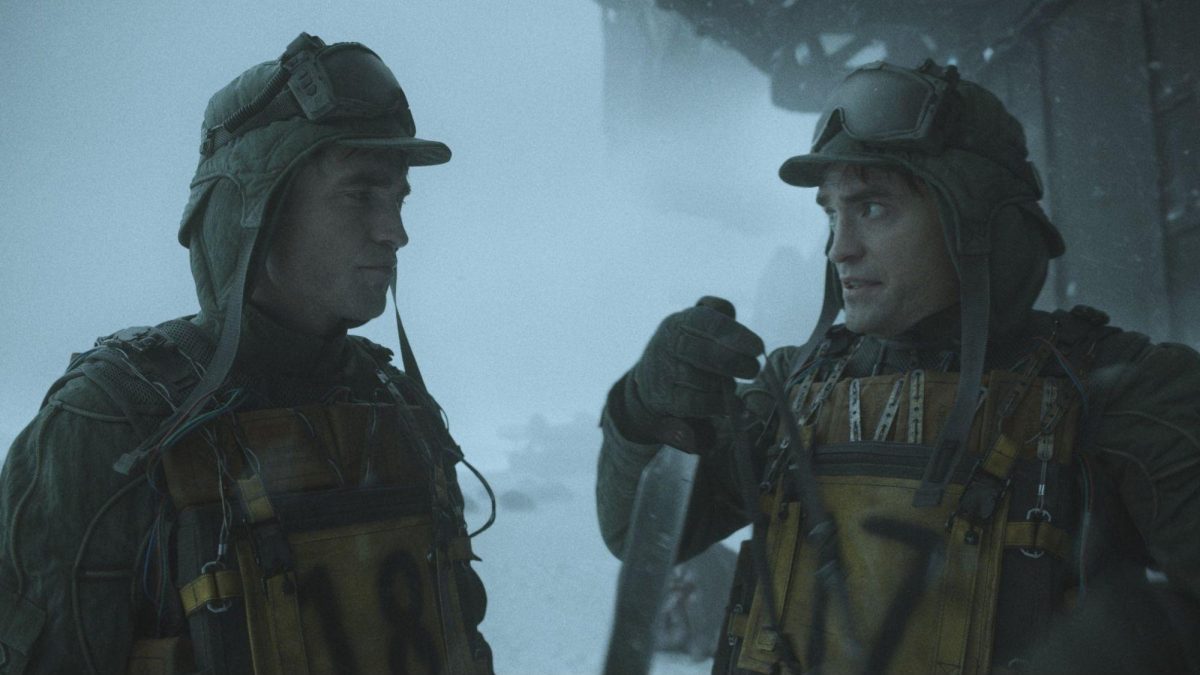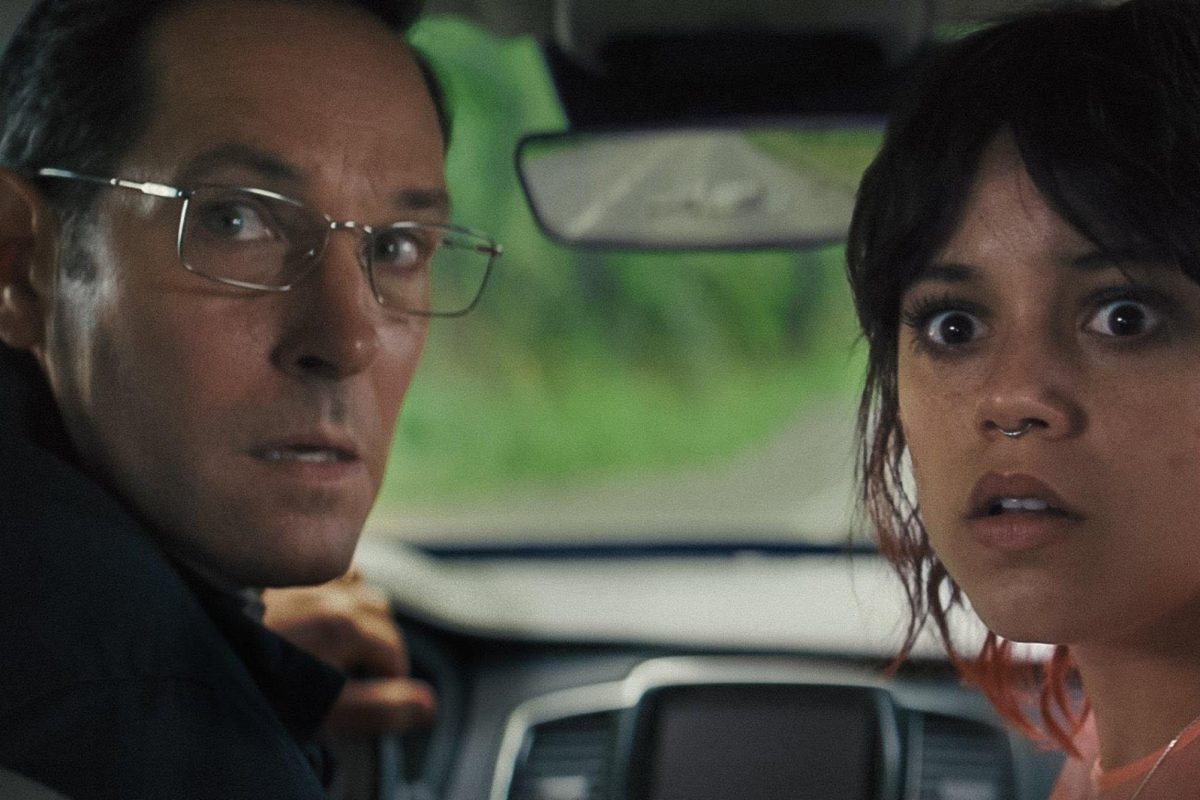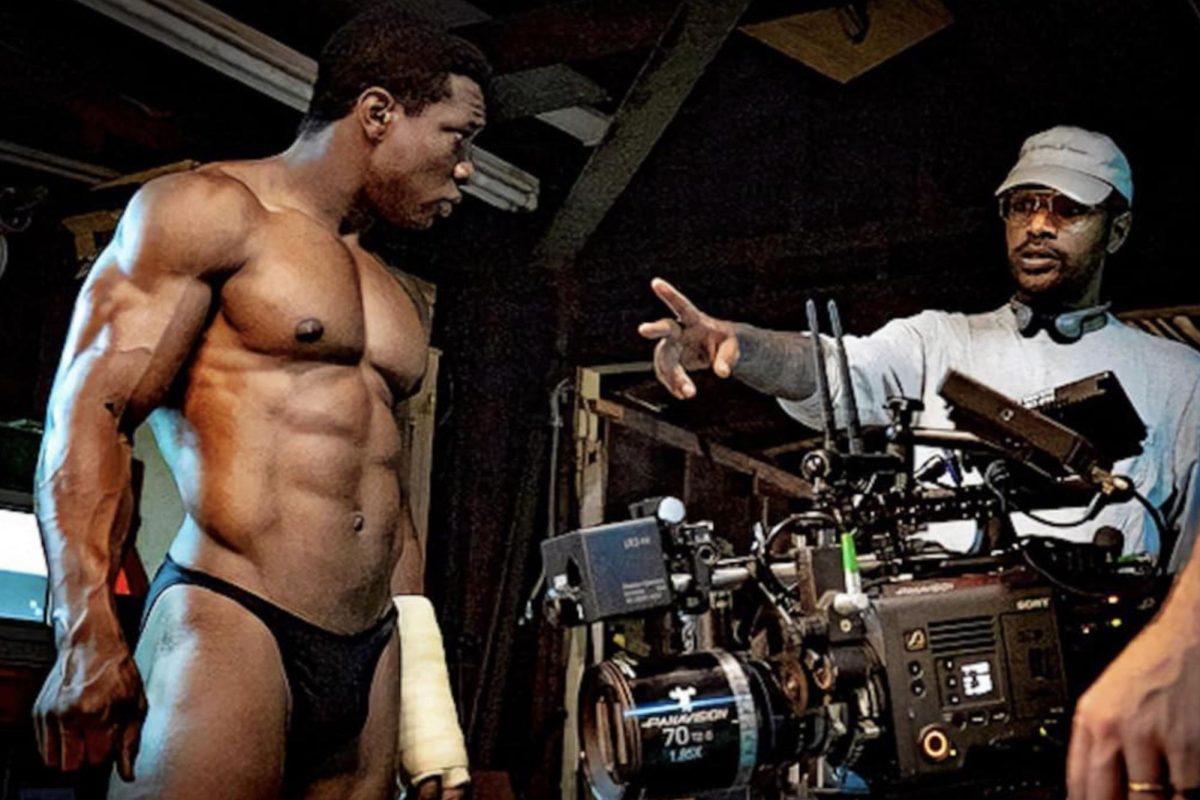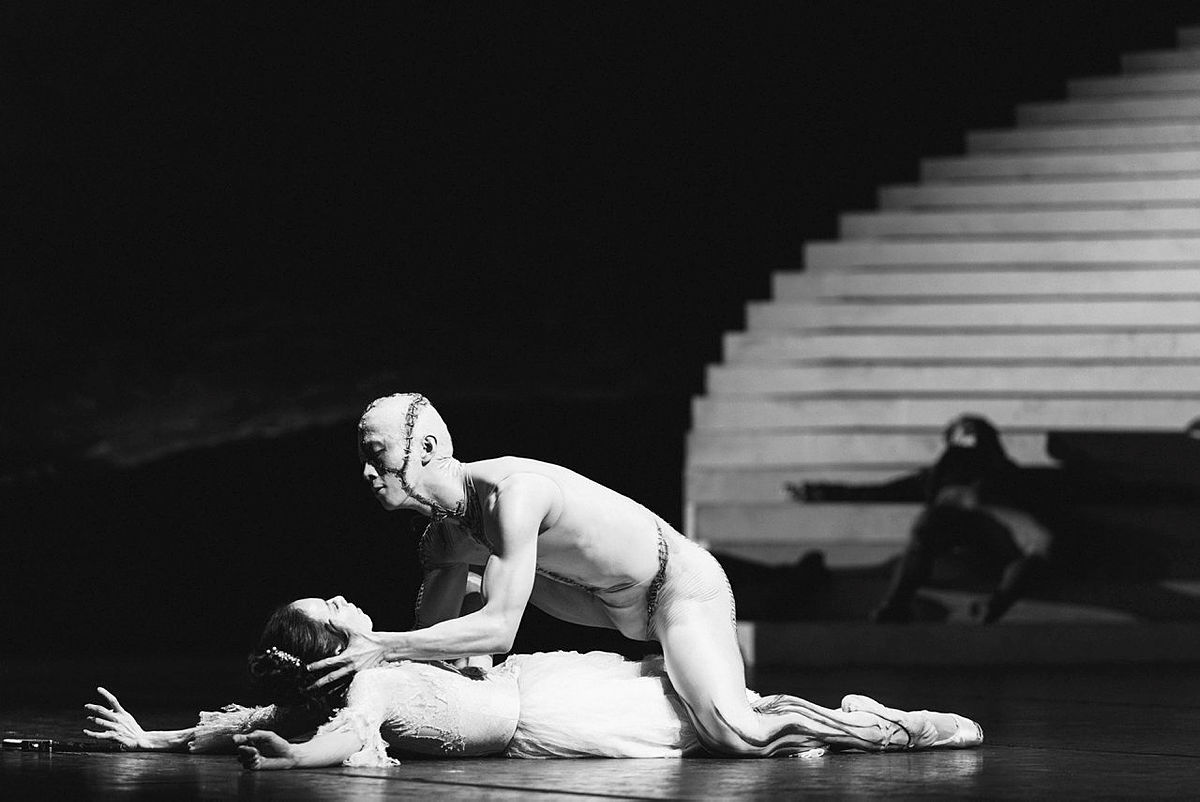Five years after Bong Joon-ho’s historic Oscars triumph with “Parasite,” the director has returned with his biggest movie yet: “Mickey 17.” The world of “Mickey 17” is imaginative yet familiar. Set only 30 years in our future, the imagined dreariness of space travel as a fascistic for-profit effort to, quite literally, spread seed is all too familiar to anyone living in 2025, something Bong takes great joy in poking fun at.
Based on Edward Ashton’s novel, “Mickey 7,” Director Bong’s eighth film is an untethered sci-fi satire that follows Mickey Barnes (Robert Pattinson) who signs up to be an “expendable,” one who will be continuously reprinted after their previous iteration dies, on a trip to and eventually at the first human colony on the planet Niflheim. When the 17th Mickey survives an accident unbeknownst to the colony’s garish leaders (Toni Collette, Mark Ruffalo) who reprint an 18th iteration, he meets his successor and things begin to spiral.
Bong works with a scalpel in Korean and with sledgehammers in English. He’s more than mastered both tools. “Mickey 17” cuts through the dregs of the year’s early blockbuster offerings with aplomb. Subtlety has left the building for this toothy and charming existential crisis of a spring kickoff. Bong playing with house money and a guaranteed final cut could have only led to a movie this sprawling and hysterical as both political satire and earnest adventure in equal measure.
At the head of the satire is Ruffalo’s cartoonish Kenneth Marshall, a slimy veneer-forward failed congressman turned intergalactic colonizer who draws the broadest line somewhere between Donald Trump and Elon Musk. His devoted followers, adorned in slogan-branded red baseball caps, worship at Marshall’s feet as he sets out to create a “pure white planet” even when he acts in their explicit worst interest and outright says they are only as good to him as their bodies are worth. Again, sledgehammers.
The ensemble is slight but lovely. Naomi Ackie and Anamaria Vartolomei are both electric in their roles as Nasha and Kai, romantic foils to 17’s meek demeanor. Steven Yeun relishes the chance to ham it up as Mickey’s frenemy, Timo, while Ruffalo is playing to the rafters, as is the always delightful Toni Collette playing his wife, Ylfa. But it’s Robert Pattinson who carries the movie and then some as its lead(s).
After a decade spent dusting off the glitter of his Twilight fame with more daring roles in indies and blockbusters alike, Pattinson has delivered his magnum opus here. He so perfectly conveys the defeated working man, exploited and abused in manners that the evil overlords of today could only dream of.
Pattinson charges headfirst into the challenges of the dual role and embraces every quirk and tic he can find in both Mickeys. He excavates so much humanity and charm from 17’s shyness and resignation to the life, or lives, he’s found himself burning through, while finding a wonderfully brooding affectation in 18 and somehow great chemistry with his own performance as 17. His overmannered and outrageous voices are a perfect match for Bong’s hyper-stylized tendencies, and the two of them make beautiful music.
The genius of the premise is obvious, all credit to Ashton, but it’s what Director Bong manages to transform it into that elevates the film. The fact that immortality has been discovered in this world is so wryly downplayed and turned on its head as only Director Bong would see it being.
The revelation of reprinting and its immortality is, of course, capitalized upon by the most evil and greedy people while eschewed by those who think first of its ethical ramifications. Instead, what should be the key to evolution is turned into a mark of low-class status, of the grunt workers. The sole immortal among the whole crew is treated as its lowest lifeform, relegated to dying over and over again to ensure the survival of the rest.
Where Director Bong’s earlier films were similarly anti-capitalist screeds, which reveled in reflecting the pain that for-profit hegemonies perpetuate upon their people, “Mickey 17” instead reveals itself to be about love and its necessity. Here, absolute apathy and total greed are the natural end point of a despotic society bent on eliminating every bit of humanity, but there is also an antidote in simply fighting against those urges.
The intricacies of the plot, beyond the Mickeys and their human friends and foes, are best left discovered in the theater. Despite some poor pacing that renders the film stuck in place for a brief stretch, the back half of the film is a loud and bombastic call to embrace life, warts and all. The more absurd the film grows, the larger its heart grows, too.
“Mickey 17” rolls into theaters everywhere on Friday, March 7.









